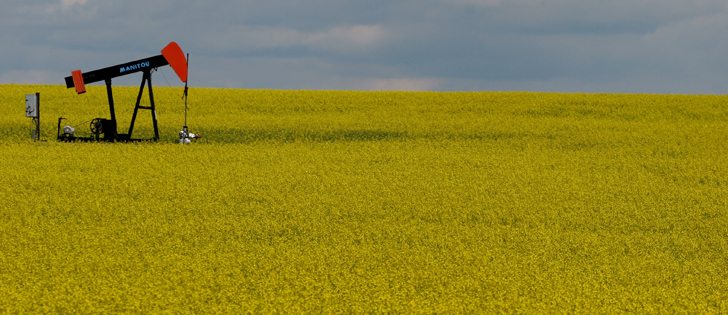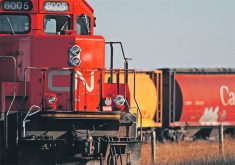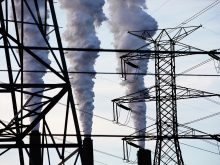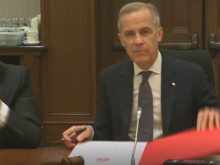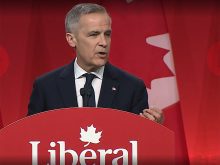Saskatchewan premier Brad Wall says he isn’t planning carbon tax exemptions for farmers because he intends to fight the tax.
Wall will release the province’s climate change white paper Oct. 18 in Regina.
Alberta and British Columbia both have carbon plans that exempt farmers from paying the carbon tax on fuel used during production.
There is also the possibility of rebates.
Wall told reporters Oct. 12 that he doesn’t see the point of taking carbon taxes from farmers and then paying them back through income tax reductions or other tax breaks.
Read Also

Agritechnica Day 2: The future of tractor power, building quicker crop apps and large farms and tech
Agritechnica Day 2: The future of tractor power, building quicker crop apps with Syngenta and large farms and tech
“What is the point?” he said.
“Is this about changing behaviour or not? Is he going to burn any less fuel?”
Wall said farmers would obviously burn less fuel if they could because it’s one of their biggest input costs.
The Saskatchewan Association of Rural Municipalities recently told the federal finance committee that a $40 per tonne carbon tax would cost about $10,000 for a farmer with 2,500 acres.
As well, the Agricultural Producers Association of Saskatchewan has said farmers had adopted management practices that sequester carbon and should be recognized for that.
Wall said the Saskatchewan plan will be similar to that released by U.S. presidential candidate Hillary Clinton, and she doesn’t mention a carbon tax.
The competitiveness of agriculture, mining, oil and gas and manufacturing are all at stake, he said.
He also said that absolute emissions in B.C. are up even with a carbon tax.
“I believe that technological investments and moving to renewables, as we’re trying to do in Saskatchewan, that will actually reduce emissions,” he said.
He points to the $1.3 billion clean coal and carbon capture project at Boundary Dam as the country’s largest per capita investment to fight climate change.
SaskPower intends to generate 50 percent of its power from renewable sources by 2030.
Contact karen.briere@producer.com


